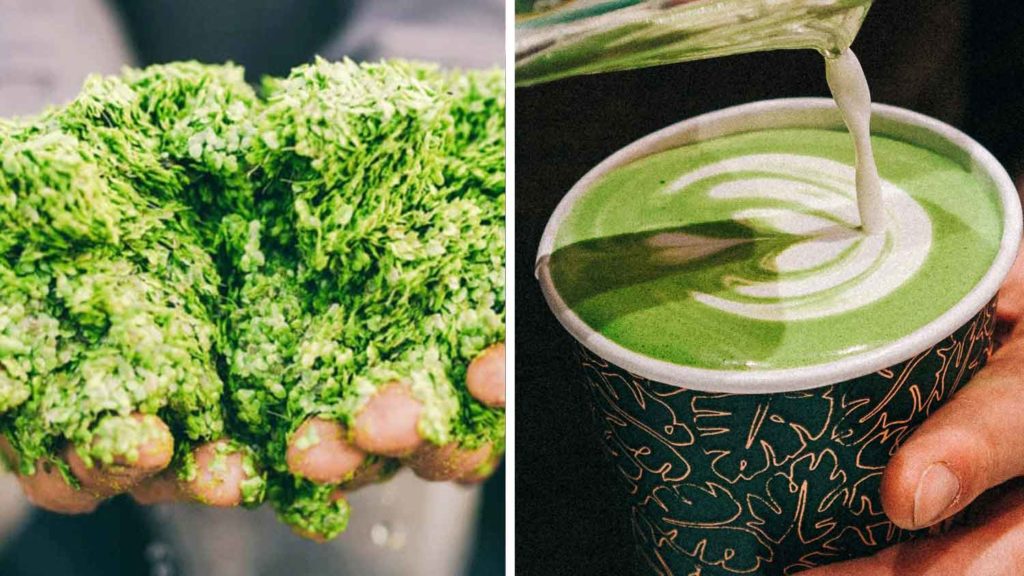Could dairy-free water lentil milk be the next big thing in the vegan food scene?
Florida-based startup Parabel is working to bring vegan milk made from water lentils — a free-floating, high protein micro aquatic plant, also called duckweed — to market.
Water lentils offer a similar number of essential amino acids and BCAAs than animal-derived whey, and more than other plant proteins like soy. The crop also contains a “considerable amount of calcium and iron,” Parabel’s marketing manager Cecilia Wittbjer told Food Navigator-USA.
Water lentils can double in mass in 24 to 36 hours and can be harvested every day and all year, making them a sustainable option. As well as growing rapidly, they can be harvested in raceways (open-air ponds). Since the company’s inception, it has saved 3 million gallons of water.
Parabel’s water lentil ingredient has received a “no objections” letter from the United States Food and Drug Administration, giving it the status of GRAS or “generally recognized as safe.”
“We are all elated to have achieved this breakthrough innovation,” Parabel chief technology officer Peter Sherlock told Food Navigator-USA. “Our lentil milk is similar in color to regular milk and captures the extraordinary, high-quality protein and mineral benefits of water lentils while containing no allergens.”

The Benefits of Using Water Lentils
While water lentils are green, the milk made from the ingredient is white as it is a soluble part of the product stream. Since it is just a protein, the ingredient doesn’t taste like anything. The beverage is minimally processed as the protein comes out as milk straight from the process. Though the exact formulation is confidential, Parabel doesn’t add much besides water. The drink is also non-GMO.
“The milk froths and foams effectively. This innovative addition also retains the same high level of sustainability as the rest of our product range,” Sherlock added. Parabel also uses water lentils to produce protein flour, concentrates, and isolates.
Parabel has had “a lot of interest from the industry” about its protein and it is considering different avenues to bring its plant-based product to market, according to Wittbjer. The company is working with producers of protein supplements, pasta, noodles, baked goods, and snacks.


